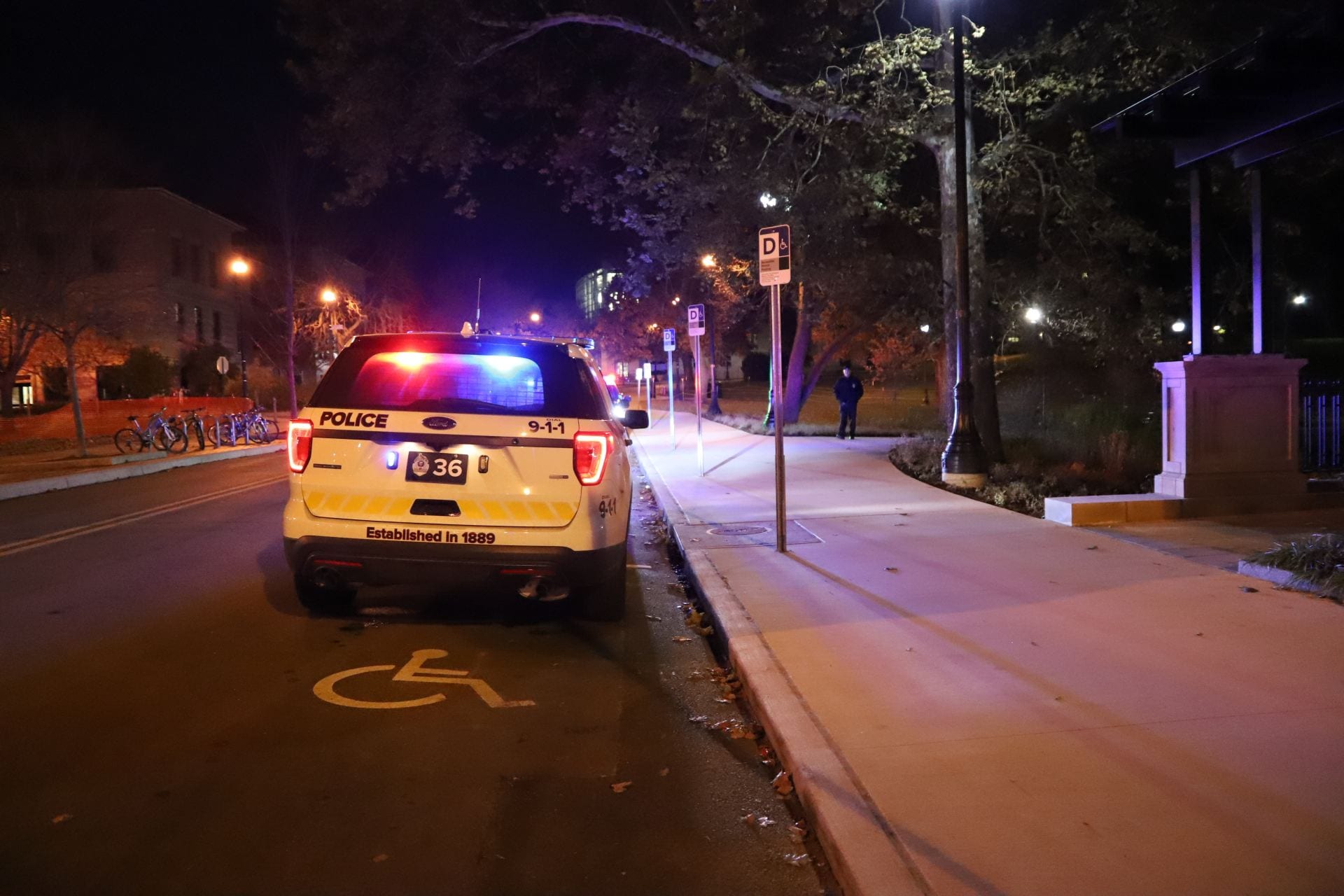Late last year, with a pen and notebook in hand, I patiently waited outside a local high school, where a few days before, a 15-year-old girl had told police she was kidnapped by three classmates and taken to one of their homes, where she was raped and molested by two classmates.
I found this story both horrifying and intriguing. The human in me was near the point of vomiting when recreating the alleged event in my head. As someone who has heard too many women describe their feelings of helplessness in such attacks, and the downward spiral of fear and depression that soon follows, I was beyond furious. I thought of my own girlfriend – who had confessed to being a rape victim – and of the anger built up inside of me towards the man who made her feel she had to confess to such an act, as if she were to blame.
The social scientist in me was intrigued because the alleged perpetrators were star school athletes. I assumed they maintained a high social status among their peers – an assumption verified by students I interviewed as they began to leave for the day.
During the interviews, my intrigue once again turned to anger, a feeling I desperately tried to hide from the students who shared their feelings about the allegations.
One young girl – a friend of the alleged perpetrators – said that if the girl who reported the crime were ever to return to school, she would “get her ass kicked.” Several other students made similar remarks indicating students felt great animosity towards the alleged victim.
Equally disturbing was the manner in which students attributed blame to the victim herself. Nearly all of those who knew her remarked that she was promiscuous, and thus brought about her own misfortune. Many suggested the charges should be dropped because the victim probably “led them on.” It took a deep breath for me to recover after hearing one student proclaim, “The tease got what she deserved.”
With the recent arrest of L.A. Lakers star Kobe Bryant, the role of status in the public’s ability to attribute responsibility for such events is once again at the forefront of our attention. With the growing number of sexual assault and rape victims coming forward to tell their stories, some have inferred that the stigma associated with reporting such crimes is disappearing, and that purported victims merely seek attention.
Like the kids I interviewed, the American public does not hesitate to derogate victims when the accused is a well-respected community member. In reading Dispatch articles that covered this local story, and in attending a school board meeting not long after, it was evident the adults of the community were concerned with one key issue: Whether or not the accused boys could play in their upcoming basketball game.
While it’s possible victims, such as the one I described, fabricate their stories, it’s not likely. The stress of making such an accusation is beyond anything most of us could imagine, especially when blame is reversed and put on the shoulders of the victim themselves. The high school girl has been forever stripped of a life of normalcy, because she happened to fall within a category of victims who are at the greatest likelihood of falling prey to such an attack – the sexually curious.
Blaming victims has another macroscopic effect: Fewer victims step forward to report crimes. Blaming victims leads to fewer arrests, which given the nature of this crime, leads to an increase in assaults, especially when this form of victim derogation is reinforced via schools, the community and the media. And when you raise the profile of such crimes – as in the case of Bryant – the stakes become even greater for the accuser, and the costs of being perceived as wrong are irreversible.
Overcoming the humiliation a victim faces by making such accusations is no easy task. The public’s willingness to brand the victim a whore only makes the situation worse, and increases the likelihood those reading this column will see either a loved one or themselves become a victim of a horrible crime and the horrible circumstances that follow.
Kenneth Strickland is a graduate student in political science. He can be reached for comment at [email protected].


